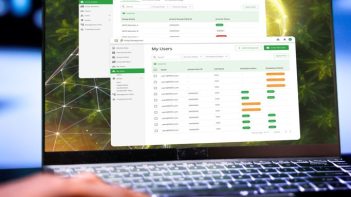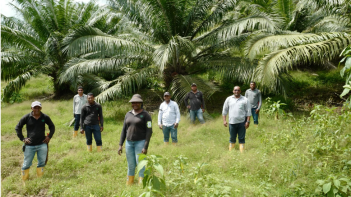RSPO Biodiversity and High Conservation Values Working Group (BHCVWG) has, in its 34th meeting, endorsed the RSPO Guide on Management and Restoration of Riparian Reserves.
This guideline emphasises the importance of riparian zones in oil palm plantations and is restricted to the ecological riparian zones found in lowlands and hill forests (below a 300 m altitude). This guideline also highlights the main elements of managing riparian reserves.
The guideline includes the establishment and boundary marking of riparian reserves, and the different aspects of the management of riparian reserves, including activities involving the rehabilitation or restoration of riparian reserves and finally, the monitoring and adaptive management of riparian reserves.
It is important to note that RSPO growers should also consider contacting and consulting appropriate experts if the requirements of their riparian reserve sites are not covered within the manual.
A simplified version of this Guide on Management and Restoration of Riparian Reserves is under development by the BHCVWG.
The manual can be downloaded from the Key Documents – Supplementary Documents section of the RSPO website at https://rspo.org/key-documents/supplementary-materials.
Keep reading

Access into prisma

Updated Trace Function in prisma

Call for Expression of Interest: Independent Investigation of a Complaint

Latin American Smallholders, Key Global Brands Gather in Peruvian Amazon to Advance Sustainable Palm Oil

RSPO Forum for Members and Certification Bodies 2025: Strengthening Capacities and Building Bridges with RSPO Members

From Violence to Prosperity: Cultivating Sustainable Palm Oil in San Pablo, Colombia

Palmas de Tumaco: Enduring, Trusting, and Transforming in Colombia’s Pacific Coast
Carry Over Credits for Certified Independent Smallholder Groups




